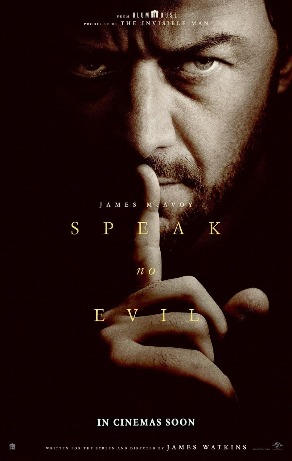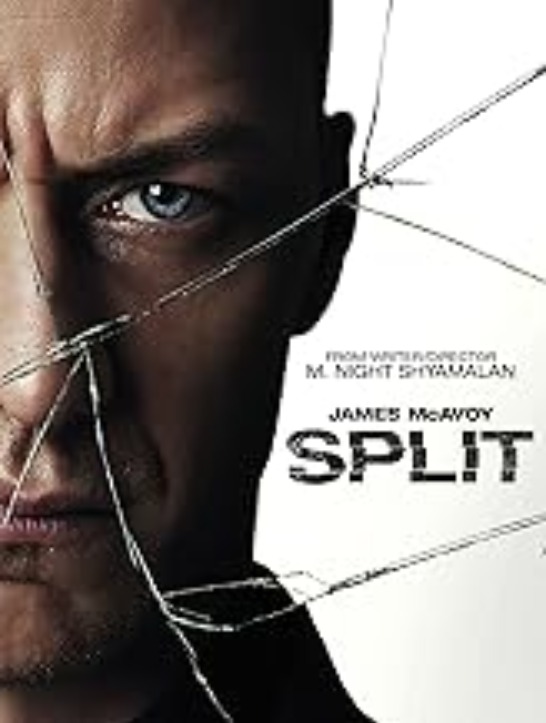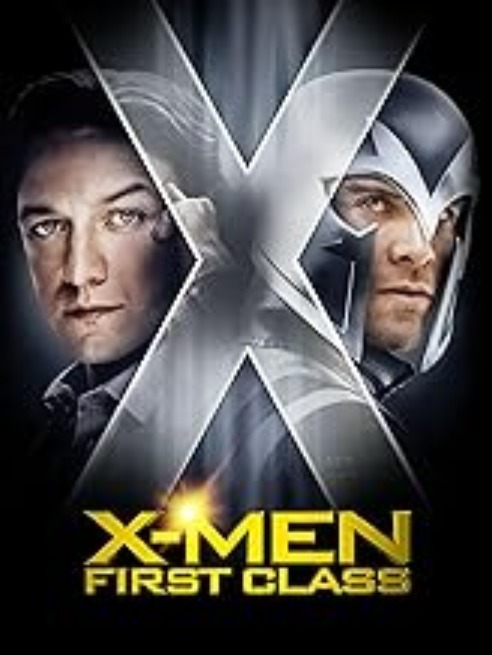
James McAvoy
Universal Pictures
Rated: R
110 Minutes
Directed by: James Watkins
Starring: James McAvoy; Mackenzie Davis
B
One of horror fiction’s most cherished tropes is the stupid victim-to-be. That’s the character who insists on doing something incredibly idiotic (such as going into the cemetery when they hear strange chanting) when they should know better. Those acts of idiocy are usually followed rather swiftly by the character’s gruesome demise. The Dalton family, the protagonists of the new horror thriller, Speak No Evil, personify this trope on steroids. They act like nincompoops, even committing the ultimate cinematic sin of freely going back into harm’s way moments after they’ve escaped. What sets the Daltons apart from the graveyard of horror movie imbeciles is that the Daltons act like idiots over and over and over. But what sets Speak No Evil apart from similar films is that this movie morphs seamlessly from routine horror into a taut action thriller.
Anyone who has seen a trailer for Speak No Evil pretty much knows the plot. Louise and Ben Dalton, an American couple with an 11-year-old daughter, Agnes, live in England. While on vacation in Italy, they met an English family, the Felts, with a son, Ant, about Agnes’s age. The two families hit it off, and at the end of the trip, Paddy Feld (James McAvoy) invites the Daltons to visit them for the weekend. When the Daltons arrive, they realize
things aren’t right (the bedsheets have a mysterious stain), and Paddy starts acting strange. This strange behavior and Paddy’s physical mistreatment of his son escalate until Louise Dalton (Mackenzie Davis) eventually convinces her husband, Ben (Scoot McNairy), to leave. That departure is short-lived since Agnes left her stuffed bunny rabbit behind. Louise insists they return to retrieve the bunny, which proves to be the latest in a series of terrible decisions on the Daltons’ part.
Speak No Evil is a remake of a Danish film, and writer/director James Watkins has turned the third act into a straightforward action film, pitting the two families against each other. Before then, the movie asks how an intelligent family that cares about their pre-teen daughter allows themselves to remain in mounting danger. To his credit, director Watkins doesn’t just treat the Daltons’ hesitation as just a necessary plot device. Instead, he gives them a backstory showing how their marriage is shaky. Ben came to England for a job promotion, and Louise agreed to follow. Now, he’s out of a job, and their financial situation is becoming precarious. Under these circumstances, he’s an easy target for alpha male Paddy, who makes a show of his ultra-masculinity at every opportunity. Ben falls under his spell to a certain extent.
But there’s another reason the Daltons can’t just pick up and leave. They’re just too polite to do so, even though they realize their situation is dangerous. Here’s one instance where I feel the movie’s casting was a letdown. Mackenzie Davis and Scoot McNairy are talented actors, but I think the movie would have worked better if their parts were written for a British couple. Politeness only goes so far, and the film’s second act is stretched out with a few too many uncomfortable situations for credibility (or maintaining audience interest).
As often happens in this type of film, the children are far more observant and intelligent than the adults. A talented young actress, Alix West Lefler, plays Agnes, who befriends Ant. One of the movie’s worst plot contrivances is having Agnes, who seems far too mature for behavior, throw a fit when the Daltons leave because she left her bunny behind. As anyone who has seen the film’s trailer knows, Ant is mute because of what Paddy calls a congenital condition. They also know the actual cause of Ant’s muteness. I won’t spoil this for the handful of people who haven’t figured it out from the trailer. However, I will give director Watkins (and the film’s producers) credit for keeping the full extent of Paddy’s villainy a secret. When Agnes sees what happened, it will shock some viewers and lead quickly into the third act’s fireworks.
Although the producers aren’t promoting Speak No Evil as an action film, the eventual combat between the two families is well-staged and suspenseful. The director employed a bit of foreshadowing earlier about some of the dangerous conditions on the premises and takes full advantage of them during the eventual showdown. The battle should satisfy action fans and provide a fitting resolution for the movie. In many ways, it’s reminiscent of the conclusion of the Sam Peckinpah original version of Straw Dogs. I could easily picture Dustin Hoffman playing Ben (although I’d have a hard time buying Susan George as Louise).
If you make allowances for the usual plotting contrivances in this sort of movie, Speak No Evil is an entertaining hybrid. It’s a cross between action and horror, with a well-thought-out ultimate confrontation between the couples. It’s also a movie that would have been much better if the studio had not given away most (but fortunately not all) of the salient plot points. Still, considering the enormous amount of B-movie-level action and horror junk out there, I can’t speak any evil about Speak No Evil.
In this clip, James McAvoy violently rebukes his son for messing up a dance routine:
Read other reviews of Speak No Evil:
Header Photo: "Riot Radio" by Arielle Calderon / Flickr / CC By / Cropped
Silver Screen Cinema Banner Photos: pedrojperez / Morguefile; wintersixfour / Morguefile
Join Button: "Film Element" by Stockphotosforfree
Twitter Icon: "Twitter Icon" by Freepik
Facebook Icon: "Facebook Icon" by Freepik
LinkedIn Icon: "LinkedIn Icon" by Fathema Khanom / Freepik
Goodreads Icon: "Letter G Icon" by arnikahossain / Freepik
James McAvoy: "James McAvoy" by Gage Skidmore / Flickr / CC BY-SA 2.0
Certain images on this site appear courtesy of Amazon.com and other sponsors of Silver Screen Videos for the purpose of advertising products on those sites. Silver Screen Videos earns commissions from purchases on those sites.
© 2024 Steven R. Silver. All rights reserved.






